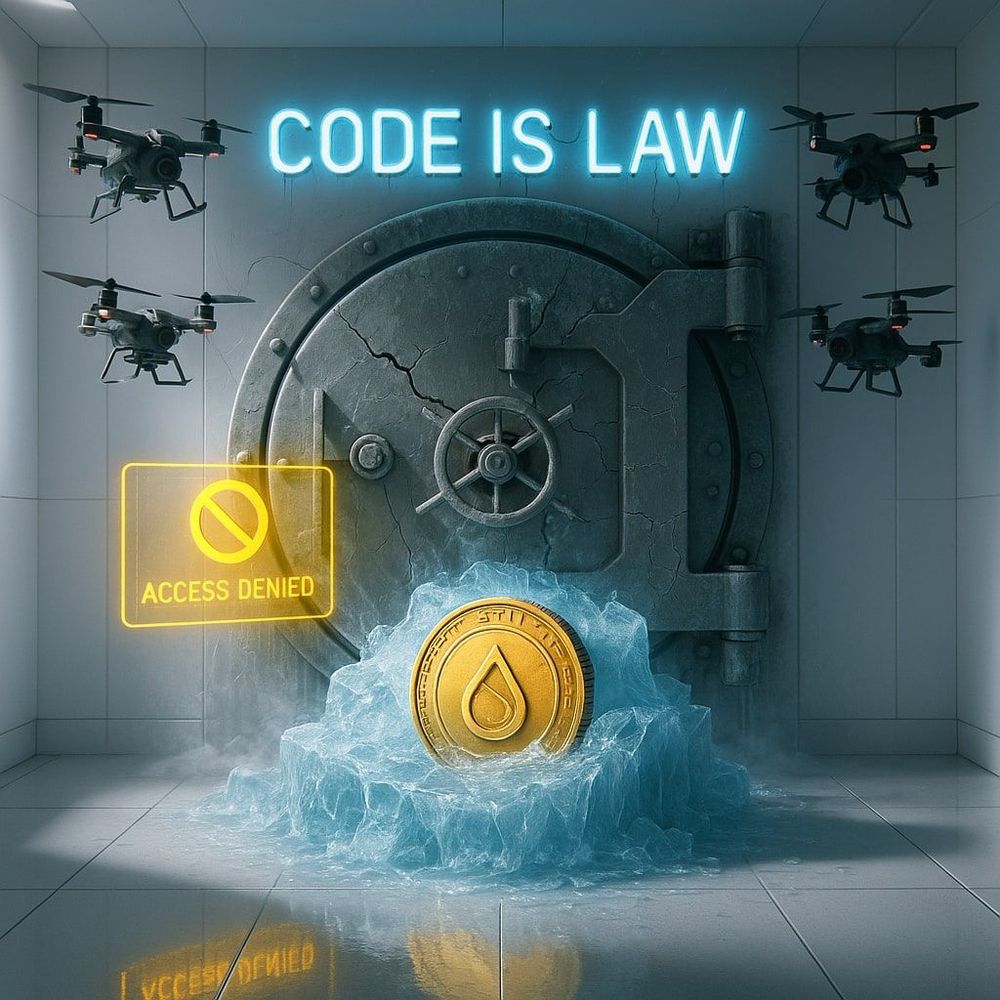Is Sui Decentralized If It Can Freeze $160M? Solana’s Co-Founder Says No
🧨 220M Stolen. 160M Frozen. But Is Sui Still Decentralized?
After a 220M exploit rocked CETUS DEX on Sui, the real question isn’t just how it happened — it’s what happened next.
Sui validators froze 160M in stolen funds. And that single move? Lit a fire under the decentralization debate.
Solana co-founder Anatoly Yakovenko didn’t hold back: “If a minority can override the network, it’s not decentralized.”
🛠️ What Happened: The CETUS Overflow Hack
On May 22, attackers found an overflow bug in the CETUS smart contract — specifically in the add_liquidity() function.
Result?
- 🧨 220M siphoned out
- 💸 CETUS token down 40% in hours
- 🔒 Sui validators froze 160M to stop the bleeding
Quick response? Yes. But also a centralized power move in the eyes of many.
🧠 Yakovenko’s Decentralization Test
Forget vibes. Anatoly wants metrics.
“If a small group can freeze or veto the majority’s will — that’s not decentralization. That’s just branding.”
His statement came after Sui’s validator set froze the hacker’s wallet via coordinated action, without an on-chain vote.
🔥 Industry Response: Firestorm
Critics say:
- ❌ “Freezing = Fintech, not blockchain”
- 🧱 “If you can override the code, it’s not code-is-law”
- 🧑⚖️ “It’s a slippery slope to full-blown central control”
Cyber Capital’s Justin Bons called the action “purely centralized,” while user @Loonies posted:
“You froze it. You own it. You’re a fintech company.”
⚖️ Defenders Say: It Was the Right Call
But not everyone’s mad.
Amogh Gupta from the Sui Foundation claims it was distributed governance in action.
And others point out:
- 🧠 Ethereum and Solana have also intervened in past exploits
- 🛡 “Security and sovereignty don’t always align”
- 🗳 “Decentralized doesn’t mean passive”
DeFi advocate Cassie put it simply:
“Freezing a hacker isn’t centralization. It’s called showing up.”
📉 Forensics? Still Weak
Adding to the tension: Sui’s on-chain visibility is limited — making it hard for researchers to trace what happened and how.
No real-time analytics = no community oversight. Which raises the decentralization red flag even higher.
🧠 TL;DR: Sui Froze the Hacker’s Funds — But Also Froze the Decentralization Narrative
- 🧱 CETUS DEX hacked for 220M on Sui
- 🔒 160M frozen by validator coordination
- 🧠 Solana’s Yakovenko says: this proves Sui isn’t decentralized
- 🧑⚖️ Critics say: “It’s fintech in Web3 clothing”
- ⚖️ Defenders say: “It’s smart, not centralized”
- 🔍 Meanwhile, Sui’s on-chain forensics are lagging
Lesson: If your blockchain can stop the code, then code isn't law — human judgment is.
And the crypto world? Still can’t agree if that’s good or dangerous.

Recent News
All Time High • Live
Have questions or want to collaborate? Reach us at: [email protected]










